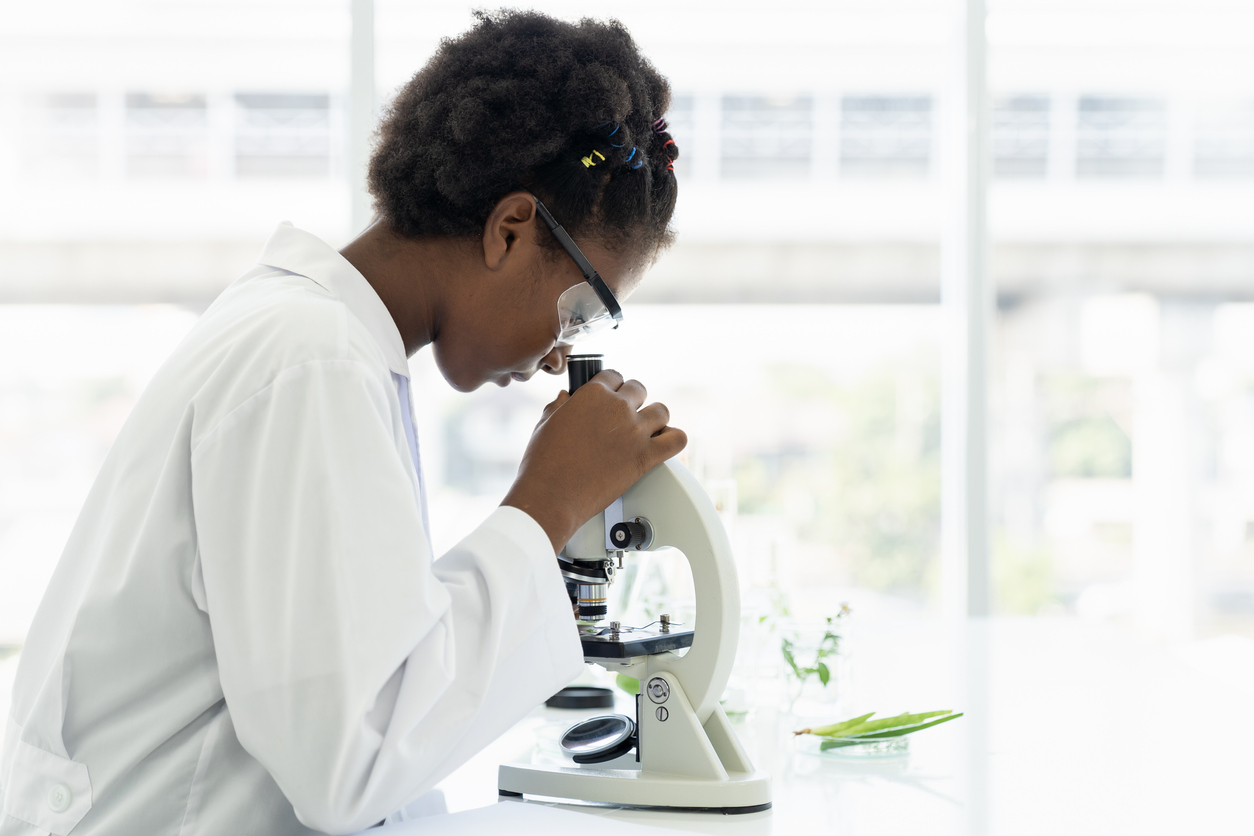
Expert Tackles Sustainability Solutions of Gene Editing
November 24, 2021| |
"No discovery has been greeted with more excitement and coverage than gene editing," according to Dr. Val Giddings, Senior Fellow at the Information Technology and Innovation Foundation, in his article published in Open Access Government. Giddings stressed the importance of gene editing in addressing many sustainability challenges faced in health, food, and the environment, and the only limitation that gene editing has is in the power of human imagination.
Among the earliest uses of gene editing was to reduce food waste. Gene editing was used to turn off an enzyme responsible for browning in mushrooms and potatoes, thus, improving their quality and extending their shelf life. Fruits such as strawberries, bananas, and tomatoes, were also improved by plant breeders using gene editing.
In the field of medicine, gene editing has helped restore vision, treat intractable cancers, and perhaps cure HIV. It is expected to contribute more breakthroughs in medical care in the coming years.
The U.S. National Academies of Science conducted 11 studies in the past 40 years on genetic engineering and gene editing. Results of these studies, together with the research findings of hundreds of authoritative bodies, did not show any hint of novel hazards linked with the technology.
Read more from the original article in Open Access Government.
| |
You might also like:
- Contributions of Biotech Crops to Food Security, Sustainability, and Climate Change Solutions
- UC Professor Emerita Emphasizes on Gene Editing to Achieve Sustainability Needs
- Infographics: Contribution of Biotech Crops to Sustainability
Biotech Updates is a weekly newsletter of ISAAA, a not-for-profit organization. It is distributed for free to over 22,000 subscribers worldwide to inform them about the key developments in biosciences, especially in biotechnology. Your support will help us in our mission to feed the world with knowledge. You can help by donating as little as $10.
-
See more articles:
-
News from Around the World
- Younger Consumers Willing to Buy Fresh Fruits Developed Through Biotechnology, Study
- FAO Releases 2021 Report on State of Food and Agriculture
- UCR Scientists Solve 50-year-old Mystery behind Plant Growth
- Researchers Develop Techniques to Breed Plants with Genes from One Parent
- Scientists Develop High-Yielding, Biofortified, Drought Tolerant Transgenic Chickpea
- ISAAA Webinar Highlights Importance of Public-Private Dynamics in Agribiotechnology Industry
- Transgenic Tobacco Becomes Pheromone Factory to Control Pests
- Study Finds Plant-based Alternative Food Consumption in UK Doubles in 10 Years
-
Plant
- Expert Tackles Sustainability Solutions of Gene Editing
- Study Shows Link between CRISPR and Mutated Cancer Cells
- CRISPR-Cas12f1: A Mini Genome Editing Tool
-
Health
- Cuba's Homegrown COVID-19 Vaccines Show Promise
-
Read the latest: - Biotech Updates (February 18, 2026)
- Gene Editing Supplement (January 28, 2026)
- Gene Drive Supplement (February 22, 2023)
-
Subscribe to BU: - Share
- Tweet

